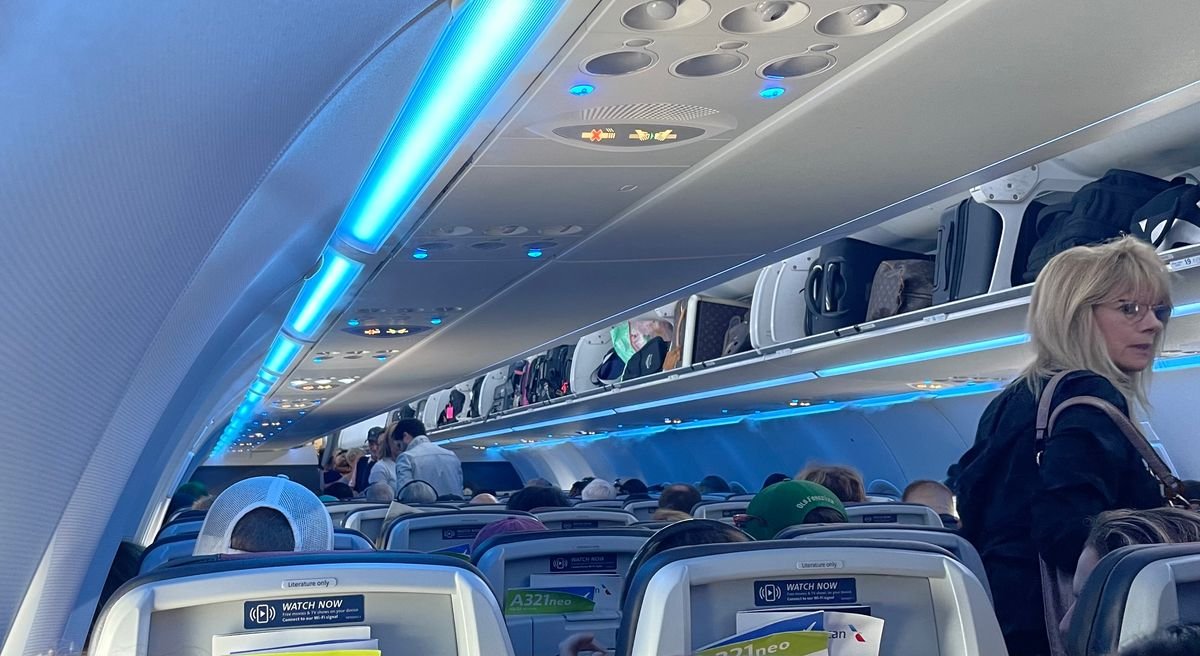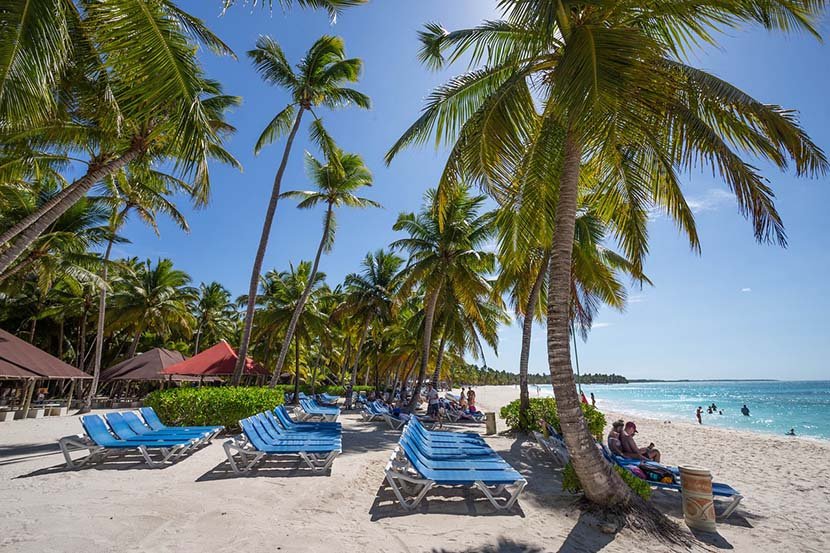Georges L Dumont public hospital in Moncton, N.B., on Oct. 8, 2020.Marc Grandmaison/The Canadian Press
The private health care staffing company at the centre of an uproar over cost overruns was faulted by New Brunswick for shoddy record-keeping during an earlier and previously unreported deployment to the province to administer COVID-19 vaccines, new interviews and records show.
In January, 2022, Canadian Health Labs (CHL) was found to have not properly tracked the vaccine dosages and brands administered to 32 people, and the company was ordered to contact those patients by the province’s Department of Health, spokesman Sean Hatchard said in an e-mail to The Globe and Mail.
Shortly after these problems came to light, CHL staff were given new responsibilities, including COVID-19 testing, documents and interviews show.
These stumbles preceded a decision by New Brunswick’s francophone Vitalité Health Network to sign contracts with CHL to supply temporary orderlies and nurses. The revelation that CHL had an earlier, problematic stint in the province has sparked conflicting accounts between the Department of Health and Vitalité over whether the health authority was warned about these issues.
Vitalité told The Globe that it wasn’t notified of the vaccination problems when it later signed three long-term contracts worth up to $198-million with CHL between July and December of 2022. “We were not informed of the situation you describe,” Vitalité said in an e-mail.
The Department of Health insists that Vitalité would have been notified, but declined a Globe request to see how this was communicated. “Public Health staff working with the Vitalité Health Network were made aware of the matter,” Mr. Hatchard said in an e-mail, declining to comment further.
CHL is under scrutiny by the New Brunswick legislature’s public accounts committee after provincial Auditor-General Paul Martin raised concerns about CHL’s costs and billing practices. Mr. Martin’s audit found that Vitalité paid the Toronto-based company more than $98-million in the last two years, the largest share of $173-million spent in New Brunswick for out-of-province temporary nurses, also known as travel nurses.
Vitalité chief executive officer France Desrosiers told the committee last week that the network’s $100-million deficit is entirely owing to travel-nursing costs and that CHL “took advantage of their monopoly” on available bilingual travel nurses to charge higher rates. Vitalité told CBC on Wednesday that it had to pause the rollout of its new model of primary care, local family health teams, because of lack of funds.
Through interviews with former CHL workers, government e-mails obtained through access-to-information requests and confirmations from the Health Department, The Globe has pieced together details of the company’s first foray into New Brunswick.
This new information shows that CHL pitched itself as a supplier of experienced staff but sent people who weren’t familiar with vaccination practices, according to a government e-mail and interviews with three former company officials.
After struggling as a provider of vaccinations, the company was then redirected to COVID-19 testing and helping in nursing homes, the former CHL officials and two former CHL nurses said in interviews.
The Globe is not identifying the sources because they signed non-disclosure agreements.
New Brunswick was in a dire situation at the time when CHL chief executive Bill Hennessey first contacted an associate deputy minister for health, via a Dec. 29, 2021, e-mail, to offer bilingual temporary workers. Premier Blaine Higgs had lifted pandemic restrictions in August but the more transmissible Omicron variant struck in the fall, forcing the province to impose a new lockdown and ramp up vaccination.
In a letter later shared with provincial vaccination planners, Mr. Hennessey wrote that CHL had “a growing team of ~1,200+ bilingual [health care] workers,” including “experienced COVID-19 immunizers” who had “worked with multiple EMRs [electronic medical records].”
According to the three former CHL officials, the company relied on an approach similar to just-in-time inventory, only looking for the necessary personnel after it had clinched a deal.
CHL didn’t respond to a request for comment. It previously said its contracts are “fair and transparent” and reflect “extraordinary logistical challenges” in deploying workers in rural regions.
The three former officials said CHL began deploying in New Brunswick in mid-January, 2022.
In an e-mailed response to questions from The Globe, Mr. Hatchard said that, as part of the “onboarding process,” public health officials briefed CHL staff and showed them how its vaccination clinics are run.
“Contractual obligations required CHL to ensure employees it hired were competent in immunization practice,” Mr. Hatchard said.
On Jan. 22, Nadia Drisdelle, a public health nurse at the Shediac vaccination site, e-mailed Shelley Landsburg, director of Prevention and Control for the Health Department.
“The clinic overall went very well,” she said but added that there was a “red flag.”
She wrote that none of the immunizers or the CHL team leaders were aware of New Brunswick’s standard operating procedure, even though it was a condition of the contract.
Under that procedure, CHL had to record the name of the immunizer, the name of the jab’s recipient and the brand and lot number of the vaccine. That information would be entered in a database, the Public Health Information Solution (PHIS), to track adverse reactions and plan the immunization campaign.
At the time, the Moderna vaccine was not recommended for people under 30 because of concerns about side effects.
Mr. Hatchard told The Globe that a quality check of PHIS data found that “some information about dose or brand may be missing” because three CHL immunizers hadn’t properly filled out forms for 32 vaccine recipients.
He said the company was ordered to call the 32 individuals to inform them about the problem. “Public Health officials again worked with CHL to ensure it educated its immunizers about protocols and best practices,” Mr. Hatchard said.
According to two of the former CHL officials, New Brunswick planners eventually told the company to stop vaccinating and focus instead on testing for the virus.
Invoices from CHL, obtained through access to information, reflect that shift. From Jan. 17 to Feb. 2, the bills were for “Vaccine Administration.” Starting Feb. 3, the bills say: “Vaccination/Testing Services.”
The two former CHL nurses told The Globe that the company hired them to vaccinate in New Brunswick but redeployed them instead at short-staffed nursing homes.
Social Development deputy minister Jim Mehan told the public accounts committee that his department, which is responsible for nursing homes, had contracted the company on Feb. 15. “CHL was there when we needed help,” he testified last week.
Invoices show that CHL charged a total of $2.6-million, including travel expenses and daily meal allowances.
However, while CHL collected meal allowances, four of the five sources had worked for the company in New Brunswick and said they didn’t receive those sums. CHL has not explained the discrepancy to The Globe.



























